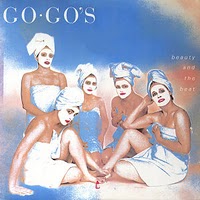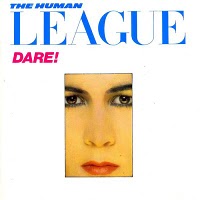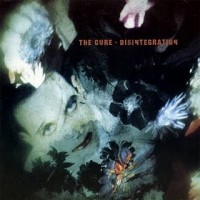
Though he may despise and disdain the term, Robert Smith, with his pot kettle black eyeliner, moussed, tousled hair and dour almost-dopey mopiness, will always be the archetypal goth, the poster boy for bedroom gloom and overwrought, affected misery. The Cure was far from a one-trick pony with a limp, but angst and depression are stamped repeatedly on the forehead of Disintegration, the crowning achievement of Smith’s career. His moody contemplation and inner turmoil goes Technicolor Cinemascope on this record; the guitars, flanged and phased beyond recognition, chime and soar, the vocals and drums reverberate through the cavernous bunker of the production, while layers of synthesized strings and weeping keyboards supplement the texture. These songs are sweeping and tenaciously grandiose – stadium-sized music for sun shy shut-ins and poetry scribblers. Opener “Plainsong” announces the record’s sound, with Smith’s voice echoing desperately across the freezing Wuthering Heights moor, while the “shimmering” (definitely among the most overused words in pop criticism) bells on “Pictures of You” underpin the longing of the tea-soaked madeleine cake lyrics. The straightforward, sullenly heartfelt “Lovesong” is the most accessible track, while “Lullaby” is the sexiest, with a near-funky stop-start rhythm, punctured guitar jabs and whispered vocals. The desolate essence of the album can found within the watery twins “Prayer for rain” and “The Same Deep Water as You:” plodding, winding requiems of remorse and reprehension. Though it nearly runs out of momentum by the time the wistful pump-organ of the untitled final track materializes in the haze, Disintegration is an elegy to loneliness, a bombastic display of histrionic pomp and the uncontrollable circumstance of just feeling sad, a true fucking epic blurred by flowing tears. —S. Paul Brown


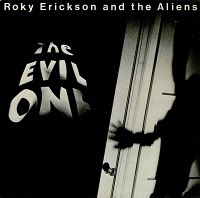
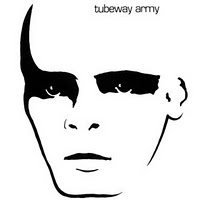
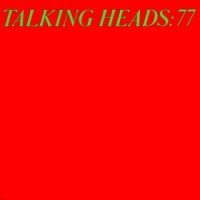
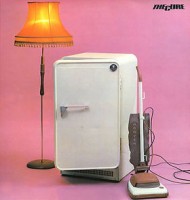
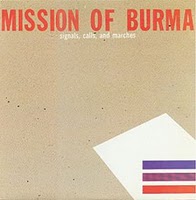
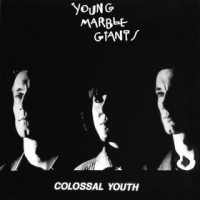
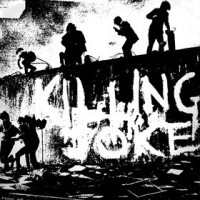
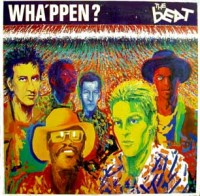
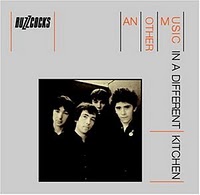 There are some albums which will never age and remain relevant no matter what the prevailing musical trends; Another Music In A Different Kitchen is one such album. Many predicted the demise of the band following the departure of founder member Howard DeVoto but this magnificent album proved the doom-mongers wrong. The Buzzcocks’ magnum opus is not punk but brash rock and roll with pop overtones couched in the candid language of the day. It carries no pretensions and refuses to acknowledge any inspirational influences. This is simply four blokes having a good time. From the buzz-saw introduction of early single “Boredom” which both opens and closes the album but doesn’t actually appear in its entirety, this is a quite breathtaking selection of songs but, in my opinion, side two is where all the nuggets are to be found. The brilliant jagged guitar that ranges throughout “Fiction Romance”, the driving bass/guitar that punctuates the chorus of “Autonomy”, the desperate, manic vocals which feature on “I Need” and the devastating drumming which rolls through “Moving Along With The Pulsebeat” and is one of the few occasions a drum solo can claim to be more than window dressing – all important considerations when understanding what makes this type of music so powerful. A true classic of the punk era without being a punk album.
There are some albums which will never age and remain relevant no matter what the prevailing musical trends; Another Music In A Different Kitchen is one such album. Many predicted the demise of the band following the departure of founder member Howard DeVoto but this magnificent album proved the doom-mongers wrong. The Buzzcocks’ magnum opus is not punk but brash rock and roll with pop overtones couched in the candid language of the day. It carries no pretensions and refuses to acknowledge any inspirational influences. This is simply four blokes having a good time. From the buzz-saw introduction of early single “Boredom” which both opens and closes the album but doesn’t actually appear in its entirety, this is a quite breathtaking selection of songs but, in my opinion, side two is where all the nuggets are to be found. The brilliant jagged guitar that ranges throughout “Fiction Romance”, the driving bass/guitar that punctuates the chorus of “Autonomy”, the desperate, manic vocals which feature on “I Need” and the devastating drumming which rolls through “Moving Along With The Pulsebeat” and is one of the few occasions a drum solo can claim to be more than window dressing – all important considerations when understanding what makes this type of music so powerful. A true classic of the punk era without being a punk album. 